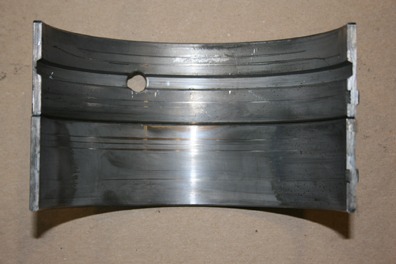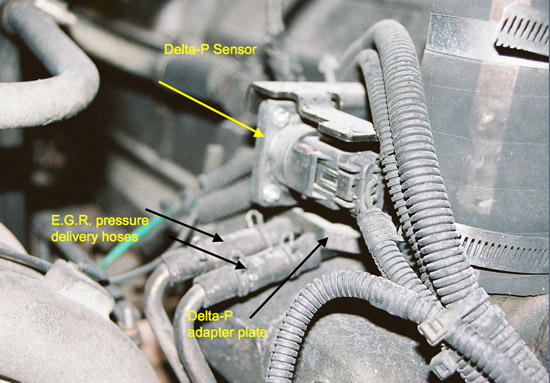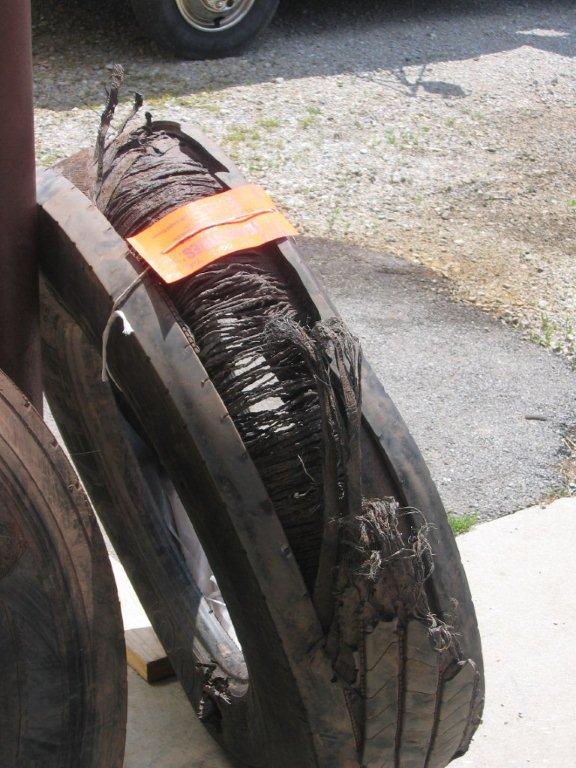
My use of single weight engine oil: A follow up
This article brings to the attention of professional motorcoach operators that despite Detroit Diesel Corporation (DDC) recommending 15W-40 wt (multi-viscosity) engine oil in the S-60 engine, we use 40wt (XHD) oil with no problems at all.




